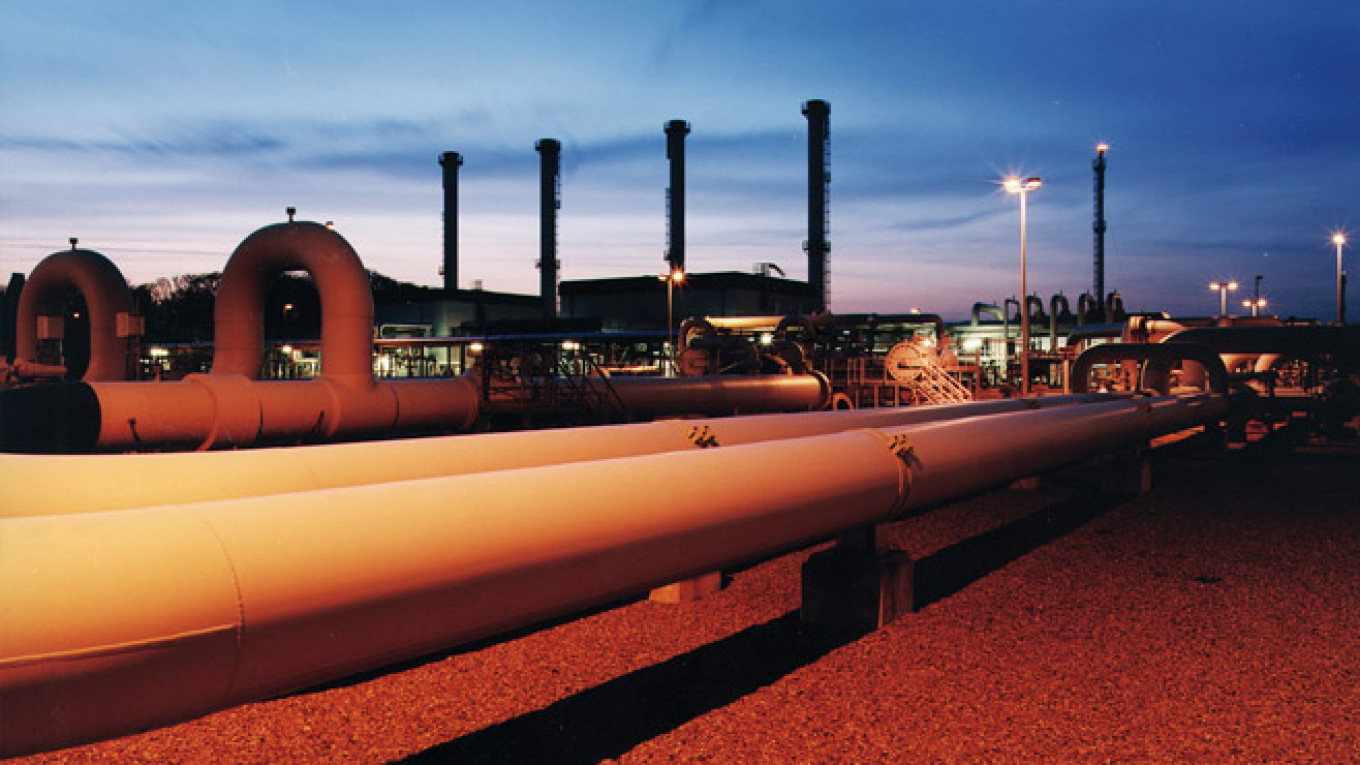When President Vladimir Putin arrives in China on Tuesday, he will be in a hard bargaining position, given ongoing tension on Russia's western front.
Diplomatic exchanges between Russia and China have been increasing in substance over the past several years. Already pundits are speculating about how likely it is that a pricing agreement will be reached on the sidelines of the upcoming Conference on Interaction and Confidence Building Measures in Asia Summit in Shanghai. China's heavily regulated domestic market means that Russia's making even a modest profit from natural gas export will be difficult.
China's energy demand is growing substantially and will continue to do so. Natural gas is a core growth component of its energy mix, although coal will likely remain dominant for the next 10 years. Currently coal is used for 80 percent of China's electricity and 92 percent of its heating.
Up until now, the predominant sticking point has been the low prices that make even Russian gas uneconomical to transport to China for sale. Interestingly, conflicts in Ukraine come at a very convenient time for China, which will make it possible for China to exact a more favorable energy deal.
Taking into account that Russian natural gas export only brings 30 percent of the overall oil and gas revenues to the federal budget, these contracts are ultimately more political in nature than economic. At the same time, however, it is unlikely that Gazprom will operate at a loss given increasing extraction and development costs coupled with increased investment programs.
But China may have an opportunity to leverage its geopolitical position to provide an incentive for Russia. The markets in the Asia-Pacific region are ripe for a new major exporter. This struggle for market share is likely to evolve around dual poles of Russia and Australia and their respective energy companies' presence in the region. Russia has a particularly advantageous position, given that traditional allies in the region have not tapped their own reserves.
There is a recognizable potential for China to utilize this market opening in negotiations with Russia to help reduce the price of imported natural gas. This is possible through China's ability to help liquefy Russian natural gas for export to southeast Asia. China is a huge market for Russia's natural gas, but it is not likely to be a profitable one.
Joe Parson is a freelance international energy relations analyst and founder of AnalyticalForecasting.com
A Message from The Moscow Times:
Dear readers,
We are facing unprecedented challenges. Russia's Prosecutor General's Office has designated The Moscow Times as an "undesirable" organization, criminalizing our work and putting our staff at risk of prosecution. This follows our earlier unjust labeling as a "foreign agent."
These actions are direct attempts to silence independent journalism in Russia. The authorities claim our work "discredits the decisions of the Russian leadership." We see things differently: we strive to provide accurate, unbiased reporting on Russia.
We, the journalists of The Moscow Times, refuse to be silenced. But to continue our work, we need your help.
Your support, no matter how small, makes a world of difference. If you can, please support us monthly starting from just $2. It's quick to set up, and every contribution makes a significant impact.
By supporting The Moscow Times, you're defending open, independent journalism in the face of repression. Thank you for standing with us.
Remind me later.






